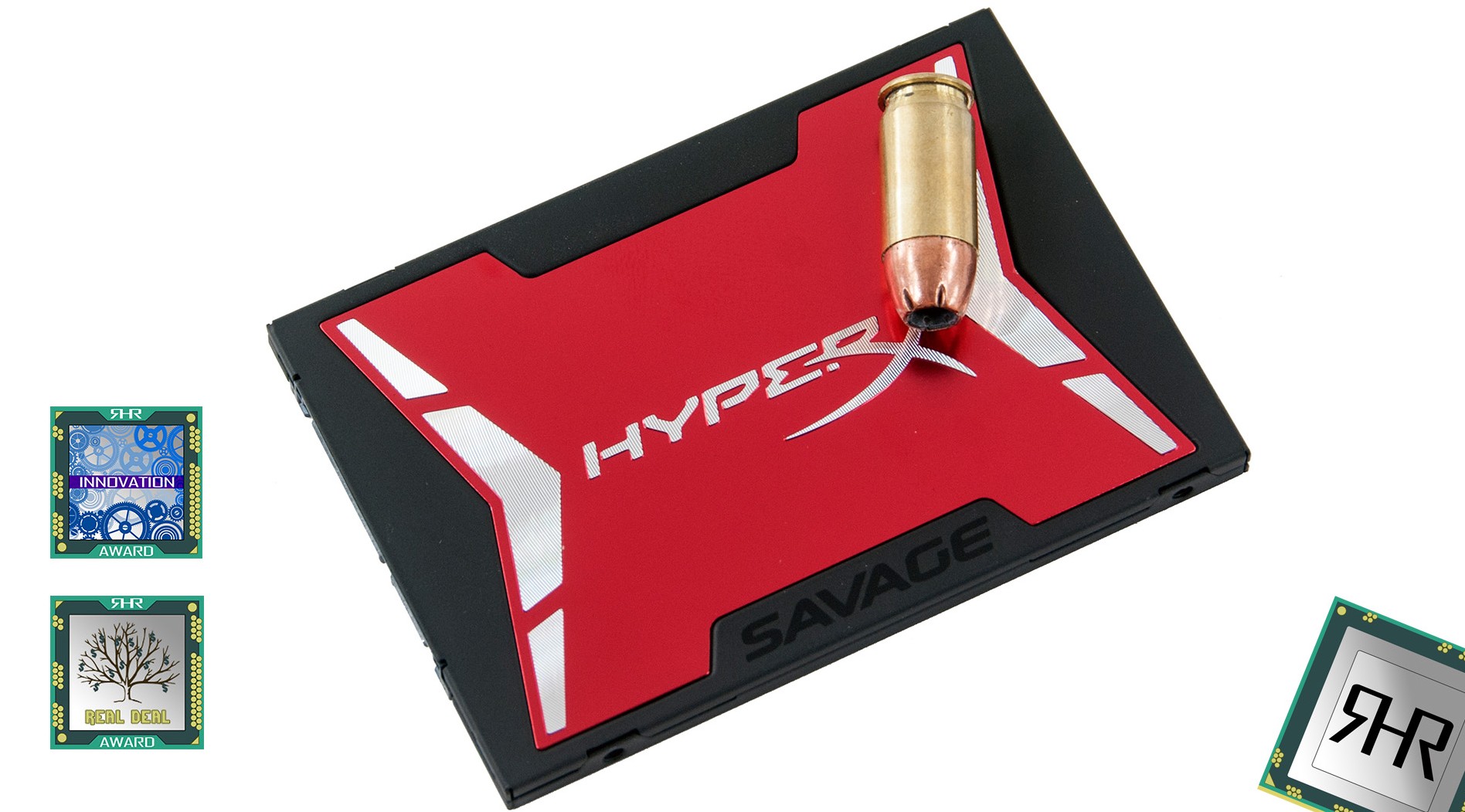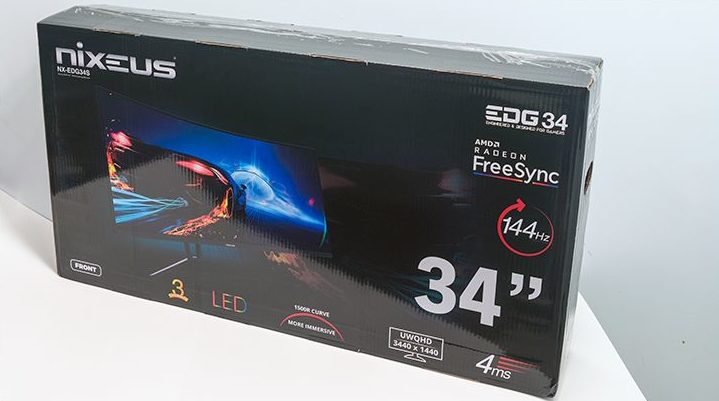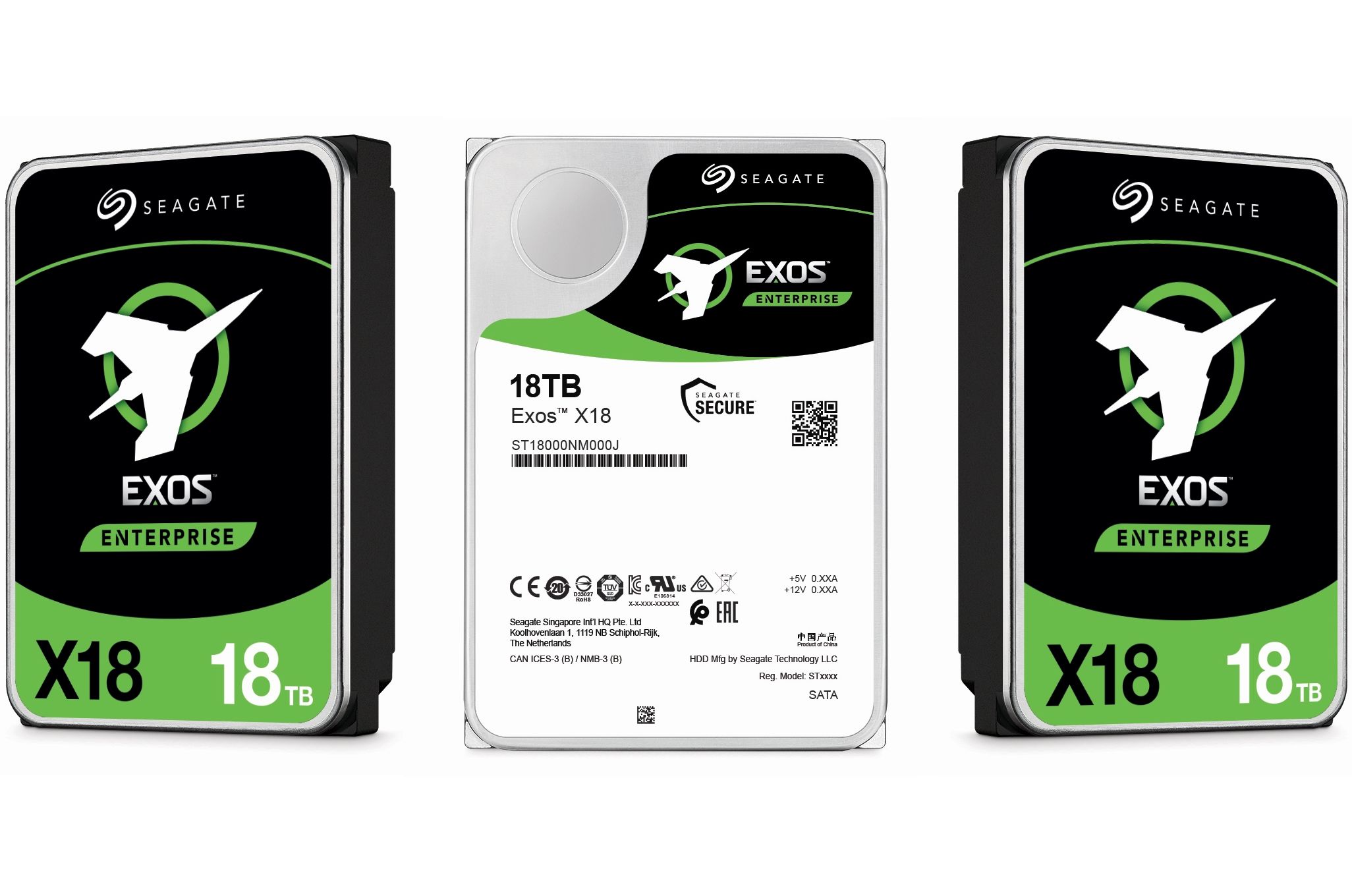To test each drive we ran 6 test runs per device (1,4,16,64,128,256 queue depth) each test having 8 parts, each part lasting 10 min w/ an additional 20 second ramp up. The 6 subparts were set to run 100% random, 75% read 25% write; testing 512b, 4k,8k,16k,32k,64k size chunks of data. When each test is finished IOMeter spits out a report, in that reports each of the 6 subtests are given a score in I/Os per second. We then take these 8 numbers add them together and divide by 6. This gives us an average score for that particular queue depth that is heavily weighted for file server usage. For workstations this would not be our first choice – no AHCI/SATA drive would be- but thanks to that unique controller this drive is able to not only keep up with the work load but actually stay ahead of it. These abilities really do keep performance higher than you normally would encounter in even mainstream solid state drives. Considering you can almost get two of these drives for what a high end mainstream drive costs that is rather impressive to say the least.
For workstations this would not be our first choice – no AHCI/SATA drive would be- but thanks to that unique controller this drive is able to not only keep up with the work load but actually stay ahead of it. These abilities really do keep performance higher than you normally would encounter in even mainstream solid state drives. Considering you can almost get two of these drives for what a high end mainstream drive costs that is rather impressive to say the least.
ADVERTISEMENT
Kingston HyperX Savage
ADVERTISEMENT
ADVERTISEMENT
Last updated on February 25, 2026 9:02 pm
Page 8 of 18
ADVERTISEMENT
Leave Comment











